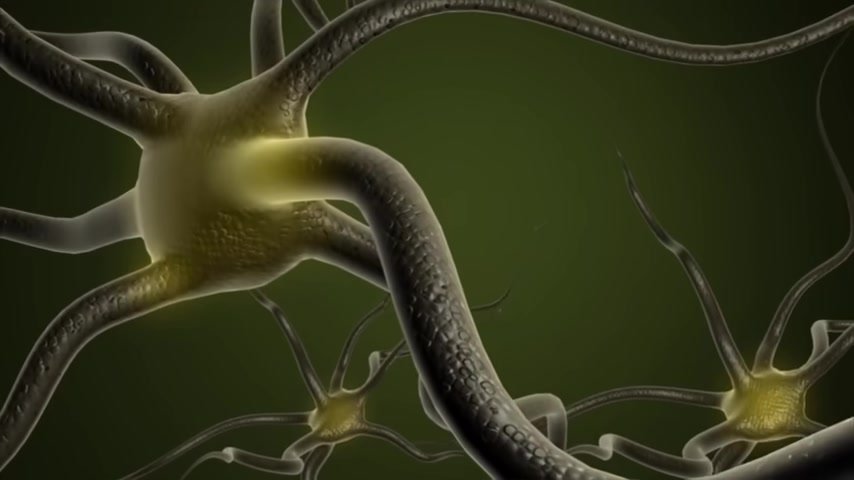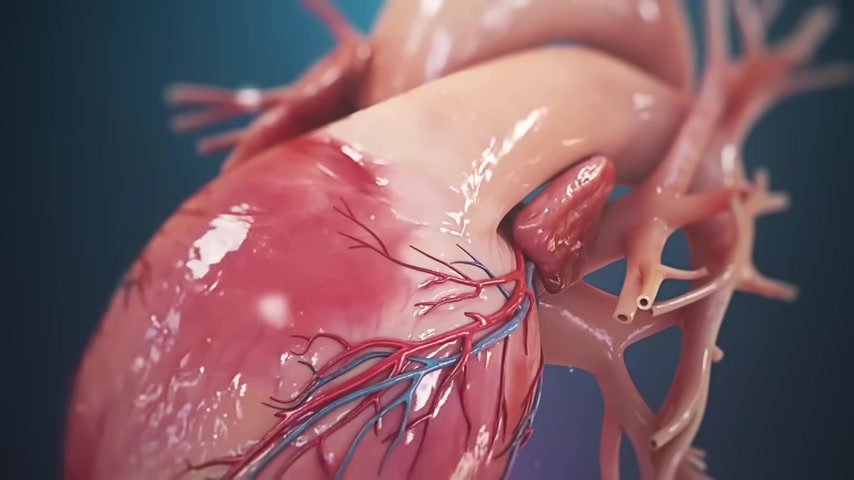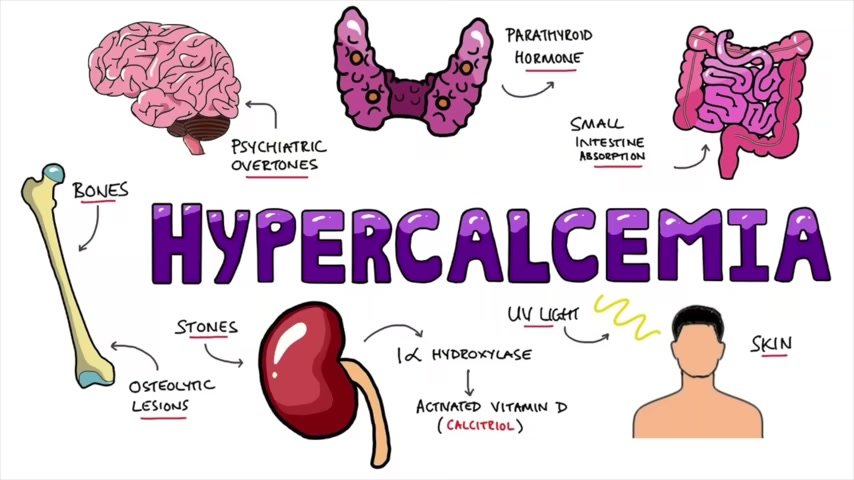Table of Contents
Unlock the cognitive benefits of Magnesium L-Threonate. Learn how this unique form of magnesium can enhance memory, concentration, and focus by effectively crossing the blood-brain barrier.
Magnesium L-Threonate is a unique form of magnesium known for its ability to cross the blood-brain barrier and reach critical areas of the brain involved in memory, learning, and cognitive function. This makes it an exceptional supplement for boosting brain health and enhancing cognitive abilities. In this article, we explore the numerous benefits of Magnesium L-Threonate, particularly in formulations like Magtein®PS, which has shown significant promise in improving memory, concentration, and focus. Discover how this powerful mineral can support your brain health, prevent neurodegeneration, and enhance overall cognitive function.
Magnesium explained
Magnesium comes in many different forms , like 9 different forms , glycinate , citrate .
Today , we’re gonna talk about magnesium threonate .
What is Magnesium L-Threonate?

This is a very specific type of magnesium where this threonate molecule transports magnesium across the blood brain barrier , specifically to the hippocampus , which is involved in memory , learning , focus , concentration , everything cognitive , as well as the cerebral cortex which is involved in a lot of higher level processing of the brain .
And the main reason why someone would use this type of magnesium versus other types is they wanna improve something about the brain because all these other forms don’t necessarily penetrate the blood brain barrier .
So let’s talk about some of the benefits .
Benefits of Magnesium L-Threonate?
Magnesium is generally , involved in making ATP , which is the energy currency of the body .
And so since , the brain uses 20% of all of your ATP and it only comprises 2% of the actual weight , it’s kind of an ATP hog .
And so if there’s a magnesium deficiency and you can’t make enough ATP , you’re gonna get brain fog .
You can have confusion .
You can have all sorts of problems with your neurons .

And also a very specific problem with the neurotransmitter called GABA , which is an inhibitory neurotransmitter that calms things down .
It buffers anxiety .
It keeps you nice and relaxed .
And if you’re deficient in magnesium , you don’t have enough GABA , you’re gonna be a little bit on edge
You might have a bit of , anxiousness , worry , things like that .
And this is why magnesium threonate is really good for that brain chatter , that excessive worrying , especially at night when you’re trying to sleep .
Now if you add that to a natural form of b1, boy , I think you’ll have an awesome combination to help you with that specific issue .
And if we think about another function of magnesium , it’s a electrolyte .
Electrolytes help with not just your muscles , but your nerves .

Like the pacemaker of your heart , for example , needs these electrolytes .
Well , isn’t your brain neurological ?
The answer is yes .
So when you’re deficient in magnesium , you can start developing problems with your neurology .
And 2 specific problems are related to that .
Number 1 , neuroinflammation as well as neurodegeneration .
And this is why people with Parkinson’s and Alzheimer’s and even MS are nearly always deficient in magnesium .
And one , key point about MS , don’t forget vitamin d .
In other words , magnesium is a requirement for vitamin d , and vitamin d is also a requirement for magnesium to work in the body .
And those 2 are so essential in anything autoimmune , including MS or virtually any inflammation at all .
It’s a calcium regulator .
It’s a calcium antagonist .

And so people that have hypercalcemia , too much calcium in the blood , nearly always has a problem with the brain .
There’s all these issues .
If you just look up , hypercalcemia and the side effects , you’re gonna see confusion .
You’re gonna see memory loss .
You’re gonna see depression , anxiety , problems with the cognitive function .
So it’s very dangerous to have calcium build up in the brain .
Well , one reason is you don’t have enough magnesium in the brain to regulate that calcium .
So magnesium keeps the calcium from being stuck in the cells in the brain .
Not to mention in other parts of the body too , like the kidneys , like the joints .
Just like vitamin k 2 also , helps regulate and keeps that calcium from building up in the arteries and the joints .
A couple other interesting benefits of magnesium , it helps maintain and support the blood brain barrier
You see , you have this barrier in the brain , right , that protects the brain against certain things like infections , toxicity .

You also have a barrier in your gut as well to protect things from going deeper inside .
So just like you can have a leaky gut , you can also have a leaky blood brain barrier , and magnesium can help support that and help prevent that from happening .
Magnesium helps to prevent oxidative stress , so it can act as an antioxidant .
Magnesium helps support this thing called BDNF , brain derived neurotrophic factor .
You can look at that as like miracle growth for the brain .
It helps the brain neurons to grow and develop .
Because as we get older and as we eat the wrong foods , our brain actually atrophies and gets smaller .
So anything that supports this BDNF is a good thing , and magnesium is one of them .
Fasting is another .
Exercise is another one .
Now , just as a side note .
Since we’re on the topic of magnesium threonate , it’s also good for something called androgenic alopecia .

That is hair loss that comes in patches that has developed from high levels of androgens , especially if someone has something called polycystic ovarian syndrome .
So there are a few other benefits that go beyond just supporting the brain that this product can help you with .
And so the point of this video is this , there are different types or or different forms of magnesium for different conditions .
Definitely , if you have any type of brain issues , magnesium threonate .
What is the best type of magnesium?
For a lot of other types of issues , cramping , fatigue , heart stuff , I would use magnesium glycinate .
You can also use magnesium citrate .
That does work as well , especially , like , preventing kidney stones .
key Points:
- Magnesium comes in many different forms. Today, I want to cover magnesium threonate or magnesium L-threonate.
- This is a specific type of magnesium. Threonate transports magnesium across the blood-brain barrier to the hippocampus.
- The hippocampus is involved in memory, learning, focus, and concentration. People typically take magnesium L-threonate when they want to support the brain.
- A magnesium deficiency can lead to various issues related to the brain and throughout the body.
Benefits of magnesium L-threonate:
• It may help reduce worry and anxiety (especially when trying to sleep)
• It may help decrease neuroinflammation and neurodegeneration
• It’s a calcium regulator and antagonist
• It helps maintain and support the blood-brain barrier
• It can act as an antioxidant
• It helps support BDNF
• It may help with androgenic alopecia
If you want to use magnesium to support the brain, I would use magnesium threonate. To support other issues like cramping or fatigue or to support the heart, I would take magnesium glycinate. Magnesium citrate can be helpful as well, especially to help prevent kidney stones.
DATA:
https://www.ncbi.nlm.nih.gov/pmc/articles/PMC9820677
FAQ:
Does magnesium threonate help with memory?
Yes, magnesium L-threonate has been shown in several studies to positively impact cognitive function, specifically aiding in memory improvement. Its unique ability to cross the blood-brain barrier allows it to effectively increase magnesium levels in the brain, supporting neural plasticity and memory function.
What is magnesium threonate best for?
Magnesium L-threonate is best known for its cognitive benefits. It supports memory function, enhances learning ability, and can alleviate symptoms of mild memory loss associated with aging. Additionally, it’s been studied for its potential to reduce anxiety and improve overall mood.
Does magnesium L-threonate increase IQ?
While magnesium L-threonate is beneficial for enhancing memory and cognitive function, there’s no direct evidence to suggest that it can increase IQ. However, by improving cognitive aspects such as learning efficiency, it might contribute to better performance on tasks that measure intelligence.
Is it safe to take magnesium threonate daily?
Yes, magnesium L-threonate is generally considered safe for daily intake within the recommended dosage guidelines. Always consult with a healthcare provider before beginning any new supplement regimen.
Magnesium L-threonate and hair loss
There’s limited research specifically connecting magnesium L-threonate to hair loss or hair growth. However, adequate magnesium levels are essential for overall health, which can indirectly influence hair health.
Magnesium L-threonate side effects
Common side effects of magnesium L-threonate include headache, dizziness, and gastrointestinal discomfort, such as nausea and diarrhea. These side effects are typically mild and often decrease with continued use.
How long does it take for magnesium L-threonate to work?
The timeframe for experiencing benefits from magnesium L-threonate varies among individuals. Some may notice improvements in cognitive function and mood within a few weeks, whereas others might require a couple of months to observe noticeable effects.
Magnesium L-threonate dosage
The recommended dosage of magnesium L-threonate is typically 1,000 to 2,000 mg per day, which usually equates to about 144 to 288 mg of elemental magnesium. The exact dosage can vary based on individual needs, so it’s important to follow product-specific guidelines or consult with a healthcare provider.
Magnesium L-threonate withdrawal
There’s little evidence to suggest significant withdrawal symptoms from stopping magnesium L-threonate. However, a sudden cessation, especially after prolonged high dosages, may lead to a temporary decrease in cognitive function until the body adjusts.
Magnesium threonate dosage for sleep
For improving sleep, a dosage near the upper limit of the recommended daily intake before bedtime may be beneficial. These amounts can enhance relaxation and support better sleep quality.
Who should not take magnesium threonate?
Individuals with kidney issues, those on certain medications, and women who are pregnant or breastfeeding should consult a healthcare provider before taking magnesium L-threonate due to potential interactions or adverse effects.
Magnesium threonate vs glycinate
Magnesium threonate is particularly noted for its cognitive benefits due to its ability to increase magnesium levels in the brain. Magnesium glycinate is better known for its calming effects on the body and is often used to improve sleep and reduce muscle cramps. The choice between the two depends on your specific health goals and needs.




